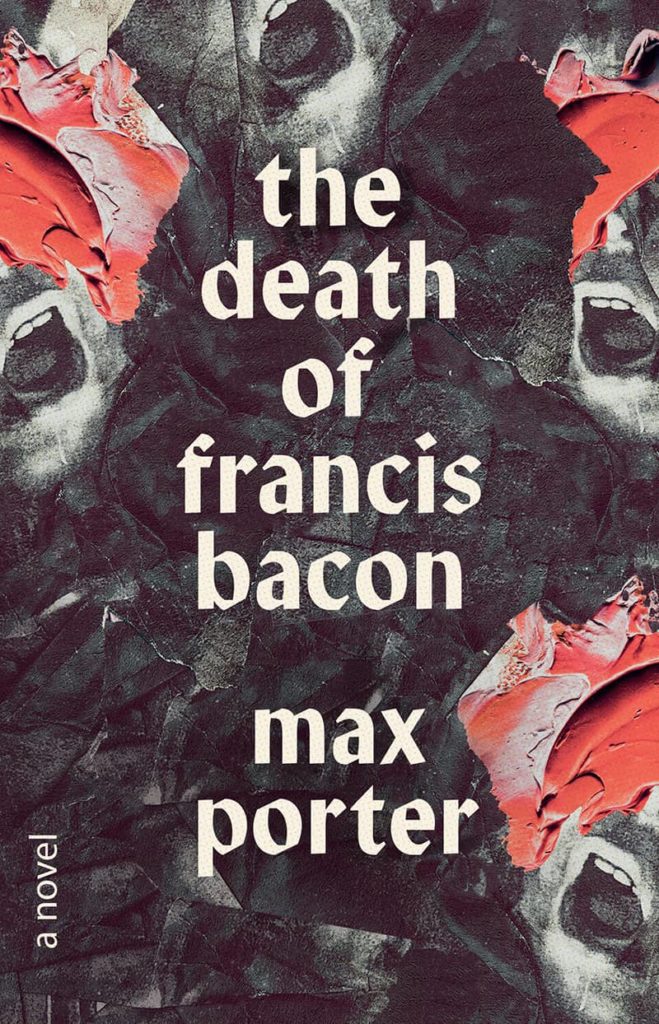
There’s a long literary tradition of longform fiction set against the backdrop of someone on their deathbed. The Death of Ivan Ilyich is one of the lodestars here, for sure; I myself am partial to By Night in Chile for its haunting construction, both Satanic humblebrag and chastened confession. Max Porter’s latest novel, The Death of Francis Bacon, taps into that same dread-inducing momentum — the sense of a protagonist hurtling, depending on your (or their) perspective, into either the great beyond or complete nothingness.
Porter employs a fragmented prose to tell this story. It might be more precise to call it a blend of prose and verse, or even a blend of prose, verse, and fragments. As for what it’s about, the title makes that pretty clear — this is, in fact, a novel recounting the final moments of artist Francis Bacon, who died in Spain in 1992. That, then, adds to the disparate uses of language found here; a handful of words and phrases in Spanish also make their way through the narrative, most notably “Intenta descansar” — which means, as Google handily tells me, “try to rest.”
Much of Bacon’s art had qualities not unlike that of a collage, and the same is true for Porter’s prose. This novel is structured into seven parts, each described in terms of a painting, and Bacon’s narration shifts between the quotidian and the hallucinatory.
Sylvester was always very good at making me feel that what I was saying was interesting. You might indulge me in that regard. You might let me smoke a while, and steer me back to mouths or openings, popes or noticing. No?
There’s something almost dramatic, even performative, about these passages as well. It’s not hard to imagine a lone figure on a stage reciting them, like something out of a Beckett play rendered phantasmagorical. It’s a fascinating step forward, a daredevil act for Porter, and the sort of thing that can work epically well within the confines of a short novel such as this. Given that Porter’s work to date has embraced risks and jaggedly-flowing prose, this makes for a fascinating next step — and marks him even more as a writer to watch.
***
The Death of Francis Bacon
by Max Porter
Strange Light; 80 p.
Follow Vol. 1 Brooklyn on Twitter, Facebook, and sign up for our mailing list.
